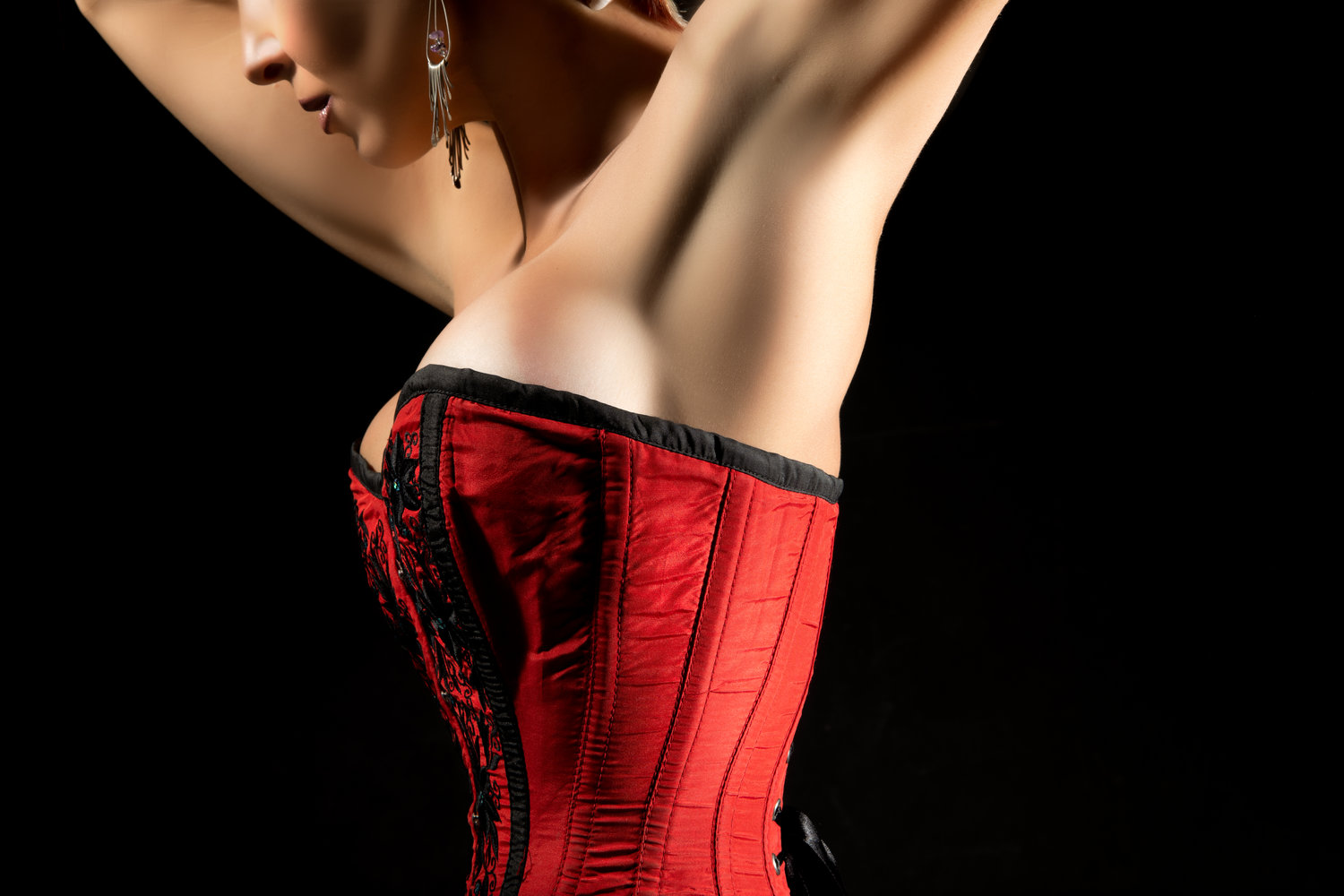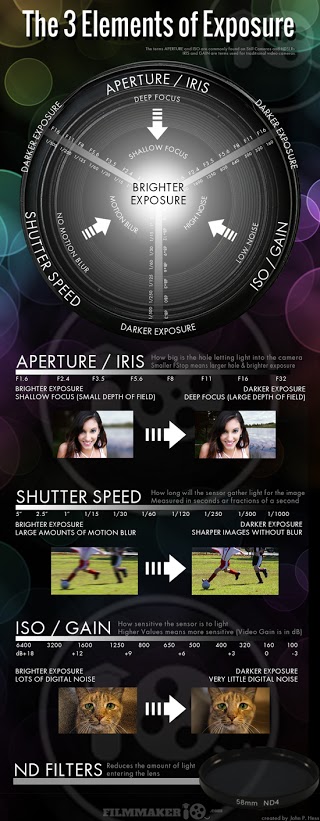The perfect picture?
/One day I was driving along and the phone rang. I pushed the button on the steering wheel and said "Hello?". (that still sounds so scifi to me) The person on the other end introduced himself as a fellow photographer and how he was calling to help me out. I'd posted something somewhere about how I figured out a little quirk in Lightroom and passed it along. He'd obviously read my answer wrong and was planning to help me out of a problem I wasn't having.
Don't get me wrong, I love to see and hear how others practice photography and I still appreciate that he took the time to track down my number and call.
So, he starts in with camera settings, light meter readings, how to arrange the lights, and goes on and on about how to set up a shot. He kept inserting the line "I'm sure you do it this way" and then went on some more about arranging the lights and getting the sun at the right angle and the best times to shoot. Then he got back into measuring the light to the nearest quarter fStop and speeds.
He went on for about 5 minutes without really stopping to ask me any questions. He was telling me what he assumed I already knew and practiced I guess.
I waited and listened. And drove. Everything he said was completely right.
Then he finished and it was quiet.
I said, "Would you like to know how I do it?" and he replied, "Sure!"
"I wet my finger, stick it in the air, look to see where the shadow falls, and then do what feels right for the shot I want to get"
Silence.
He seemed a bit shocked that I 'shot from the hip' and didn't do all of the required steps to get the perfect picture.
My idea of a perfect picture isn't one like the camera sees, or even one I see with my eyes. It's just ever so slightly surreal or different that it's not just a picture anyone else could take going down a check list. Nothing wrong withthat of course...great work is produced that way and I'm not knocking it. I've tried it and it just didn't work for me.
Of course I rely on my knowledge of the camera. I know what 'most' of those buttons are for and how to get the camera to do exactly what I want it to. And yes, there is a light meter IN the camera, and yes I USE it for example. But everything else is gut feeling. I know what the lights going to look like at various angles, with a certain lens, I know how the exposure will look with the balance of speed and fStop a certain way. Not just text book 'know', but I can feel it. The camera becomes an extension of my thoughts and the flow of light is all I think about.
If I wanted a shot that looked dead on life like I'd do all of that technical stuff. I'm more of a shoot from the hip kinda' guy I guess. It takes a while to really 'feel' your camera and lights, but it's a real joy to me when I meet a new friend (camera) and get to know it deeply.
I've had some photographers tell me that it's great to get the picture perfect right in the camera. I agree. But I haven't found a camera that takes the picture the way I consider perfect so it's a combination of gut feeling and then seasoning the shot in post production.
I do think knowing how it works technically is very important. To many people THINK they can become great photographers without bothering with fStops and shutter speeds...whatever they are. I think shooting from your heart makes for a beautiful picture. You need to understand your equipment intimately, to get what you really want from it.
This, of course, is a blog, and my opinion. Not what's right or wrong. Season to your own taste. Always.



